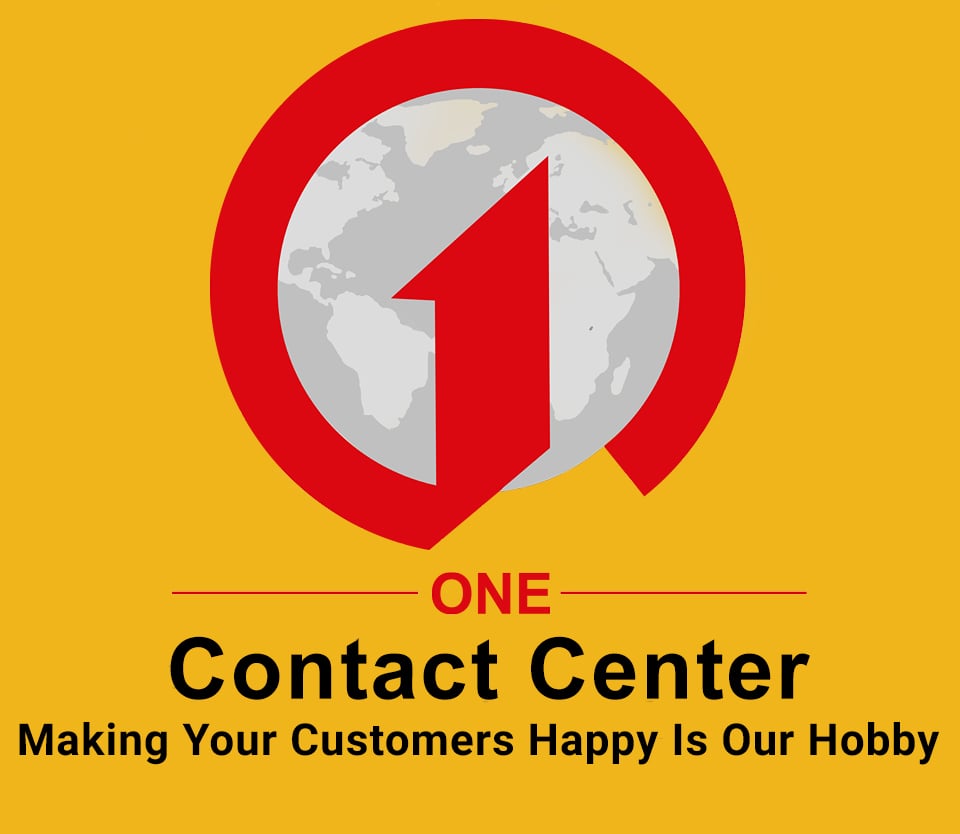In the business world, the decision to outsource or insource certain functions or processes is a critical one that can significantly impact a company's success. Both outsourcing and insourcing have their own set of advantages and disadvantages, and it is essential for business owners to carefully consider which option is best for their specific needs. In this article, we will explore the differences between outsourcing and insourcing and the factors to consider when making this decision.
Cost Considerations
One of the most significant factors that companies consider when deciding between outsourcing and insourcing is cost. Outsourcing can often be a more cost-effective option for businesses, as it allows them to access specialized services or skills without hiring full-time employees. Additionally, outsourcing can help companies save on overhead costs such as office space, equipment, and employee benefits.
On the other hand, insourcing can sometimes be more cost-effective in the long run, as companies have more control over the quality and efficiency of the work being done. Insourcing also allows companies to build a skilled workforce in-house, which can lead to long-term cost savings and increased productivity.
Quality Control
When it comes to quality control, insourcing often has the upper hand. With insourcing, companies have more oversight and control over the work being done, which can lead to higher-quality results. Companies can also more easily implement changes or improvements to processes and procedures when work is being done in-house.
Outsourcing, on the other hand, can sometimes lead to challenges with quality control. When work is outsourced to a third party, companies may have less visibility into the processes and procedures being used, which can result in lower-quality work. Communication and coordination issues can also arise when work is outsourced, leading to delays or misunderstandings.
Flexibility and Scalability
Another factor to consider when deciding between outsourcing and insourcing is flexibility and scalability. Outsourcing can offer companies greater flexibility, as they can easily scale up or down their operations based on their needs. Outsourcing can also provide access to a larger pool of talent, which can be beneficial for companies looking to expand into new markets or industries.
Insourcing can sometimes be less flexible than outsourcing, as companies may be limited by the size and skills of their in-house workforce. However, insourcing can provide companies with greater control over their operations, which can be beneficial for companies with strict quality standards or unique business requirements.
Decision-Making Process
When it comes to deciding between outsourcing and insourcing, companies should carefully evaluate their specific needs, goals, and resources. It can be helpful to conduct a cost-benefit analysis to determine which option is the most cost-effective in the long run. Companies should also consider factors such as quality control, flexibility, and scalability when making this decision.
Ultimately, there is no one-size-fits-all answer to the question of whether outsourcing or insourcing is the better option. Each company will need to carefully weigh the pros and cons of each option and determine which one aligns best with its overall business strategy and goals. By taking the time to evaluate these factors and make an informed decision, companies can set themselves up for success in the long term.
In conclusion, the decision to outsource or insource certain functions or processes is a complex one that requires careful consideration of various factors. Both outsourcing and insourcing have their own set of advantages and disadvantages, and it is essential for companies to carefully evaluate their specific needs and goals before making this decision. By weighing factors such as cost, quality control, flexibility, and scalability, companies can make an informed decision that will set them up for success in the long run.
One Contact Center
One Contact Center offers outsourcing services for small businesses, startups, and international brands. If you’re keen on boosting your customer experience with reliable BPO services, please, contact us today. We’ll be more than happy to help!


